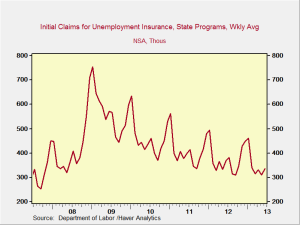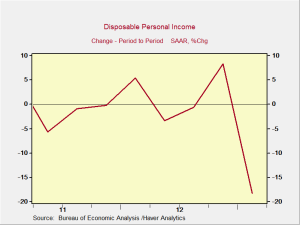Today is Nora’s and my 10th anniversary. We got married on July 26, 2003. It was a great wedding. To celebrate, last night we went out to No. 9 Park—a very nice restaurant in Boston—and tried the tasting menu, which I highly recommend. We also went to Tiffany’s, despite my protests that I had already bought her a ring. You can imagine how effective the protests were, and, well, she’s earned it. I can honestly say that I love her even more now than when I married her. Thanks for 10 great years, sweetheart, and I look forward to many more.
Part of our conversation last night was about where we were 10 years ago, and how much has changed. It occurred to me as we spoke that this was a conversation we rarely have—one that explicitly looks at longer periods of time, rather than having an incessant focus on the now. Looking over a decade, events that seemed so important at one time become less so, while events that may have seemed insignificant turn out to be major.






